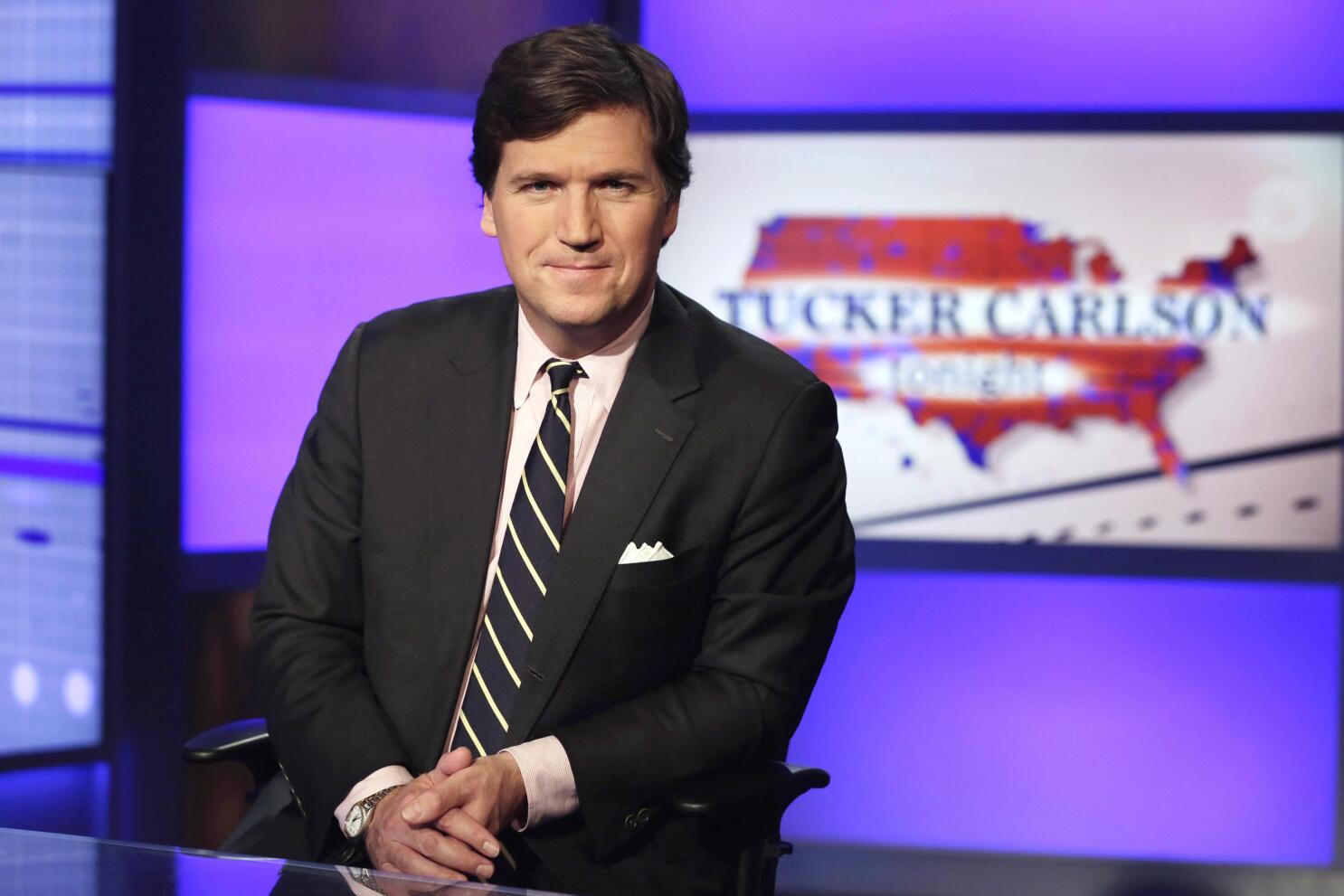The Life and Legacy of Richard “Dick” Warner Carlson
I. Introduction
In a world where public figures are often defined by their public persona, the passing of Richard “Dick” Warner Carlson reminds us that behind every headline lies a deeply personal story. Best known as a journalist, diplomat, and media executive, Dick Carlson left an enduring legacy through his dedication to truth, resilience, and public service. As his son, prominent media figure Tucker Carlson, mourns his father’s loss, we take a moment to reflect on a life shaped by adversity, determination, and an unwavering commitment to principle.
This tribute explores the journey of Dick Carlson, from his challenging early years to his impactful career in journalism and government service. Through his story, we celebrate a life that exemplified perseverance, integrity, and a profound influence on those who knew him.
II. Early Years: A Story of Struggle and Strength
A. Overcoming Hardship: From Orphanage to Opportunity
Born on February 10, 1941, Richard Carlson entered the world under difficult circumstances. Raised in foster homes and an orphanage in Boston, his early years were marked by uncertainty and hardship. Eventually adopted by a family in Norwood, Massachusetts, young Richard found stability, but tragedy struck again when his adoptive father passed away when he was just 12 years old. This loss shaped his resilience, setting the stage for a life of overcoming adversity.
By the time he reached his teenage years, Richard faced additional challenges, including brushes with the law. At 17, a youthful mistake led to an arrest for car theft, an experience that became a pivotal moment in his life. Rather than letting this setback define him, he chose a path of discipline and redemption.
B. A Turning Point: Finding Purpose in the Marine Corps
Determined to change his trajectory, Richard Carlson enlisted in the Marine Corps. The military provided the structure and sense of duty he had been missing, instilling in him the values of discipline, hard work, and accountability. His time in the Marines became the foundation for his future success, teaching him the importance of service and resilience.
Following his military service, Carlson embarked on a series of diverse experiences, working as a merchant seaman and traveling the world. These formative years broadened his perspective and laid the groundwork for a career defined by a relentless pursuit of truth and justice.
III. A Trailblazing Career in Journalism
A. Breaking Into the News Industry
Carlson’s passion for storytelling led him to journalism, where he started as a copy boy at the Los Angeles Times. Despite beginning at the lowest rung, he quickly demonstrated his tenacity and talent, earning opportunities to cover stories and refine his investigative skills.
B. From Print to Broadcast: Becoming a Respected Voice
Recognizing the growing influence of television, Carlson transitioned into broadcast journalism. He became a well-known investigative reporter in Los Angeles, where his hard-hitting stories and commitment to uncovering the truth earned him respect. His ability to present complex issues in a clear and compelling manner made him a trusted name in media.
C. A Shift to Public Service
Carlson’s success in journalism eventually led him to government service. Appointed by President Ronald Reagan, he served as Director of the Voice of America, where he played a crucial role in international broadcasting. Later, under President George H.W. Bush, he was appointed U.S. Ambassador to the Seychelles. Throughout his career, he remained committed to integrity, transparency, and serving the public interest.
IV. A Lasting Influence: The Father-Son Bond
A. A Role Model for Tucker Carlson
For Tucker Carlson, his father was more than just a parent—he was a mentor and guiding force. Growing up in a household where journalism and critical thinking were central, Tucker learned the value of asking tough questions and challenging conventional narratives. Dick Carlson’s career and principles deeply influenced his son’s approach to media and public discourse.
B. Lessons in Life and Resilience
Beyond professional influence, Dick Carlson fostered a strong familial bond with his children. For decades, he upheld a tradition of weekly lunches at the Metropolitan Club in Washington, D.C., where he shared life lessons, engaged in discussions, and reinforced the importance of intellectual curiosity and perseverance.
One memorable tradition was a dice game that prefaced every meal, subtly teaching Tucker and his siblings about strategy, risk-taking, and handling both victory and defeat with grace. These small moments carried lifelong significance, shaping Tucker’s perspective on resilience and adaptability.
V. Conclusion: A Legacy of Integrity and Strength
Richard “Dick” Carlson’s life story is one of redemption, dedication, and impact. From overcoming a difficult childhood to building a distinguished career in journalism and government service, he exemplified resilience and integrity. His influence extended beyond his professional achievements, shaping the values and perspectives of his family, especially his son Tucker Carlson.
As we honor his legacy, we recognize a life well-lived—one that inspired many through its commitment to truth, hard work, and unwavering principles. In remembering Dick Carlson, we celebrate not just his accomplishments, but the values he stood for and the lasting impact he leaves behind.
